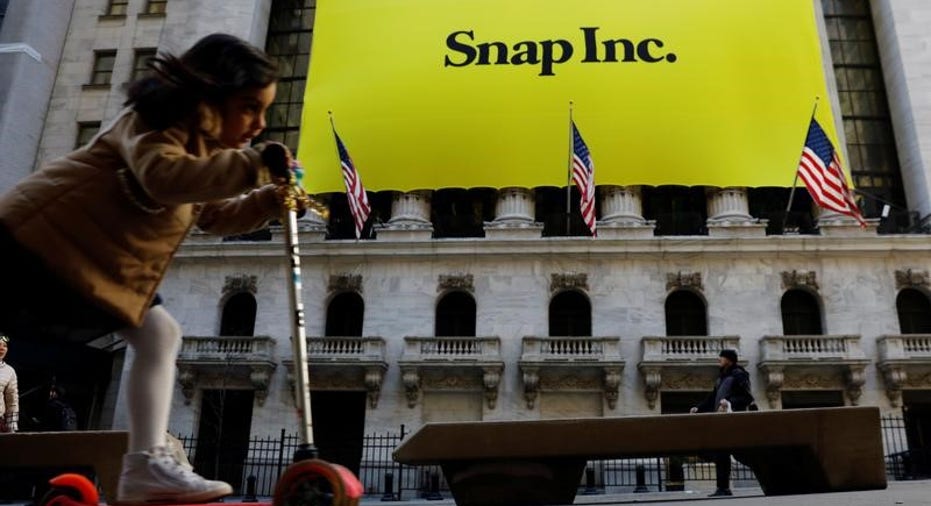After Snap IPO, U.S. regulator Stein questions voting rights

WASHINGTON/BOSTON – One of two current members of the U.S. Securities and Exchange Commission raised questions on Thursday about Snap Inc and other companies that offer shareholders unequal voting rights, saying the agency should "focus on how some innovations may prove detrimental to investors."
"Unequal voting rights present complex and new issues that need to be understood and addressed," Commissioner Kara Stein, a Democrat, said at a meeting of the SEC's Investor Advisory Committee in Washington. "We also must be mindful of the precedent being created."
Unequal voting rights were on the committee's agenda after last week's $3.4 billion initial public offering of Snap, the parent of social media app Snapchat.
In an unprecedented move, the shares Snap sold to outside investors did not include any voting rights, raising questions about whether those stockholders would be getting enough transparency or influence.
Snap has said its voting structure is good for investors as a way to preserve founder control.
Other big technology companies have also offered shares with limited voting rights for outsiders in recent years, despite calls from large institutional investors for increased rights to promote better corporate governance.
"What is the effect on capital formation and emergent public companies when the bundle of rights offered to shareholders in a public offering excludes voting rights?" Stein asked.
Another speaker on Thursday was David Berger, a partner at the Wilson Sonsini law firm who advises Silicon Valley companies on corporate governance. Berger said many tech companies such as Google parent Alphabet Inc , which he has represented, have adopted new share structures as a response to the short-term pressures of Wall Street.
Tech companies often have large cash balances or high spending on research and development, areas often targeted by shareholder activists, Berger said.
Ken Bertsch, executive director of the Council of Institutional Investors, which represents big pension funds and other asset managers, said share structures like Snap's still posed risks.
The SEC should conduct further reviews, he said, including with stock exchanges that list companies with unequal voting rights.
Unequal voting structures also could complicate the strategies of index funds, he said, by introducing securities that resemble preferred shares or partnership structures. Most index fund providers prefer shares to have equal voting rights.
"At some point," Bertsch said, "there's some question of market confusion and a disabling of passive strategies."
(Editing by Bernadette Baum and Lisa Von Ahn)



















